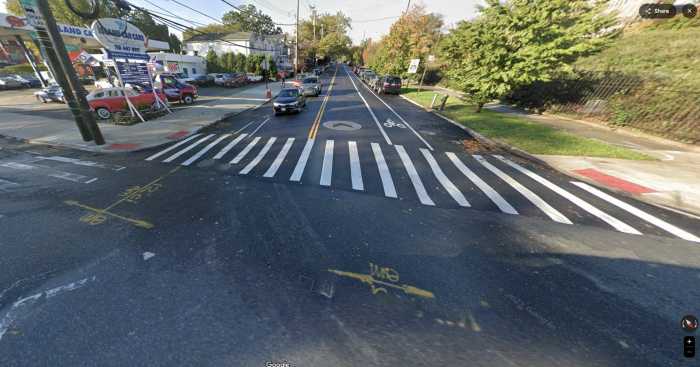With uncertain economic times ahead, Mayor Michael Bloomberg recently unveiled his 2009 Executive Budget of $59.1 billion - only a tenth (.1) of a percent increase in spending from last year’s budget.
Although all but five city agencies can expect to see cuts, the Mayor championed the city’s smart spending policies and higher than projected incomes as reasons the city expects to continue a 7 percent property tax break and $400 property tax rebate this year.
“Through a combination of agency savings and short-term revenue receipts, we will once again return tax dollars to New Yorkers who today face their own budget problems created by the sub-prime mortgage meltdown and the ensuing credit crunch,” Bloomberg said.
However, until the final budget is agreed upon, there are no guarantees that both of those cuts will be in the 2009 budget, and the mayor has already said that the 7 percent property breaks will likely not be included in the 2010 executive budget.
Bloomberg originally called on all city agencies to trim their budgets by 5 percent in January, and he ordered an additional 3 percent worth of cuts in March.
Meanwhile, City Councilmember David Weprin, who is the Chair of the Council Finance Committee, praised Bloomberg’s budget, but said a few things still need to be ironed out.
“This is a manageable budget, but there are some proposed cuts that we are concerned about,” Weprin said.
One of the first items Weprin expects the City Council to take up during their budget committee hearings that will begin next week, is the reduction in funding to the Department of Education (DOE).
“The city should refrain from making cuts to the education budget and keep money in the classroom,” said City Councilmember Melinda Katz. “Our children deserve the best teachers, new materials, the latest textbooks and the newest technology to provide NYC students with a quality education that will allow then to compete with their peers worldwide.”
While the city plans to use resources from last year’s fiscal budget to begin paying down projected deficits, the city is still looking at a $1.3 billion gap in 2010 and $4.6 billion and 4.5 billion gaps in 2011 and 2012, respectively.





























